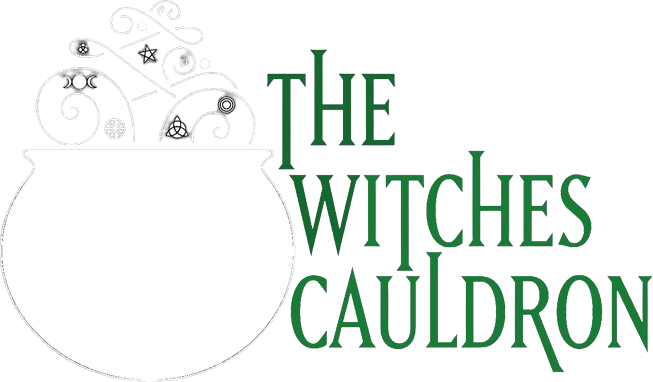And Adam called his wife’s name Eve; because she was the mother of all living.
It’s easy to discount Eve, especially when comparing her with the powerful goddesses many pagans are familiar with. Is she really any match for the vengeful, seductive, or warlike deities we call on today? Can she have any bearing on magic, when we could simply call on one of the great sorceresses – Ceridwen, Hecate or Circe? After all, she was made from Adam’s rib – she’s a by-product, not an original; and her disobedience renders her creative powers as a woman a curse – pain and suffering in childbirth for her and all her daughters throughout time.
Eve’s treatment in the Bible has promoted two main ideas on the nature of Woman:
- Something intrinsically weak in the female make-up determines the feminine status of subservience.
- Women are calculating and artful, particularly when tempting men with their flesh.
Thanks to Eve, women are simultaneously branded victim and villain: sexual slave and temptress.
Despite this, I believe Eve has something to teach pagans about the pursuit of knowledge and wisdom, thinking for ourselves, using initiative, and accepting the consequences of our actions. I don’t see her as a rebel, but a subverter – she refused to take things at face value, preferring to discover the truth for herself.
Eve is often portrayed as a deceiver, but how could she be, when she had no knowledge of good and evil prior to eating from the tree? She is artless and honest with the serpent:
‘…We may eat of the fruit of the trees of the garden:
But of the fruit of the tree which is in the midst of the garden, God hath said, Ye shall not eat of it, neither shall ye touch it, lest ye die.’(3:2, 3:3).
The serpent promises her knowledge of good and evil which will make her godlike, but Eve translates this into the acquisition of wisdom, as opposed to power, seeing it as ‘a tree to be desired to make one wise’. Eve applies rational thought to God’s warning about the tree – if it is ‘pleasant to the eyes’ and ‘good for food’, why then should its fruit kill her?
In this respect, Eve is the forerunner of modern magical practitioners, many of whom prize wisdom above power.
In her punishment, Eve is like Prometheus, who stole fire from the gods and presented it to humankind, and got the better of the gods several times. He, too, was punished eternally. The role of the serpent in delivering the gift/curse of knowledge to mortals is also fitting – serpents are traditionally associated with prophecy and knowledge, particularly of the earth and earthbound things – and are the sacred animals of many prominent deities, such as Apollo, Brigid and Cernunnos.
Call on Eve when you need the courage to blaze your own trail, and remember to use serpent imagery in your working or ritual. She is the ‘mother of all living’, and the first to experience the toil and suffering bound up in human existence. In matters of perseverance, individuality, or where wisdom is needed, seek Eve’s guidance in meditation or divination. Incorporate the fire element as well as earth into your spell, as fire represents knowledge, and earth, humankind (Prometheus created mankind from clay, and Odin created the first man and woman from an ash and an elm tree). You could use readily available witchcraft supplies such as clay or pottery bowls, candles and ritual incense (which is burned) as part of your magical working.
We are bound to the earth, but ignited by the light of knowledge and the desire to understand our universe and the nature of the immortal. Eve’s story provides a wealth of imagery with which to influence your magical practice, and pursue wisdom and power.


